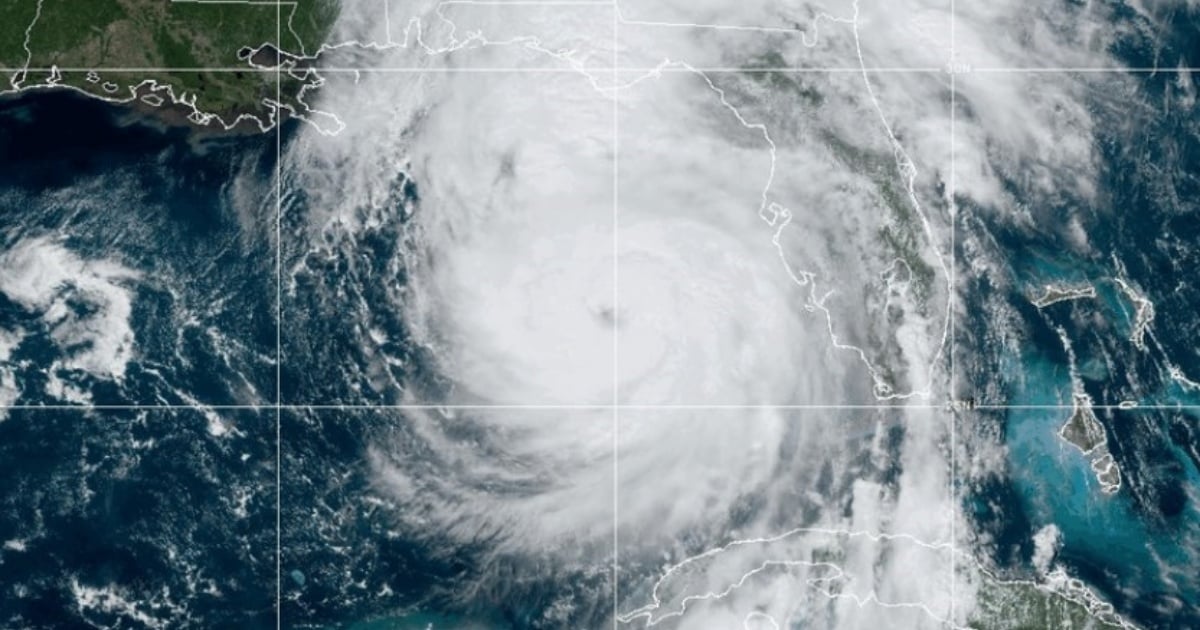
Helene weakens to tropical storm
Hurricane Helene, which made landfall on the northwest coast of Florida as a Category 4 hurricane Thursday night, has weakened to a tropical storm during the early hours of Friday. The National Hurricane Center (NHC) reported that Helene is moving north with sustained winds of 95 km/h, after causing severe damage as it passed through Florida. The storm, now located 165 kilometers from Atlanta, Georgia, continues to trigger flooding and dangerous wind gusts in parts of the southeastern United States.
Initial impact in Florida
Helene reached category 4 before making landfall in the Big Bend area of Florida, where it struck with sustained winds of 225 km/h and catastrophic storm surges. This powerful cyclone left behind flooding, sea penetrations, and at least one fatality when a traffic sign fell onto a vehicle in Tampa, as confirmed by the Florida Highway Patrol (FHP).
Evolution of the Hurricane
On September 26, Helene had reached category 3 during its passage through the Gulf of Mexico. The U.S. Air Force hurricane hunters recorded sustained winds of 195 km/h as the storm approached the northern coast of Florida dangerously. It was forecasted that Helene would continue to strengthen before making landfall, according to reports from the NHC.
Effects in Cuba and other regions
Prior to its arrival in Florida, Helene had significantly impacted the west of Cuba, where heavy rains and winds wreaked havoc in the provinces of Pinar del Río, Artemisa, and the Isle of Youth. Cuban authorities reported flooding and strong storm surges in these regions. Although the hurricane was moving away, the rains and winds persisted, complicating the situation in several Cuban localities.
Preventive measures and preparations
In response to the threat of Helene, Florida authorities issued mandatory evacuation notices in vulnerable areas and closed schools in several counties as a preventive measure. In Cuba, navigation in the Gulf of Batabanó was suspended, and alerts were implemented in the western regions ahead of the storm's imminent arrival, according to local sources from the Cuban government.
Previous context
Helene formed as a tropical storm in the northwest Caribbean on September 24 and quickly began to gain strength. From its early hours, meteorologists warned about its potential to become a major hurricane, leading to the issuance of warnings and alerts in several regions, including Cuba, Florida, and Mexico. As it progressed, Helene exhibited a pattern of rapid intensification, reaching category 4 before making landfall in Florida. This pattern of intensification was widely documented by the NHC.
Helene, whose name had already been used in another hurricane in 2018, will be marked in history for its destructive path in 2024, from the Caribbean to the southeast of the United States.
What do you think?
COMMENTFiled under: